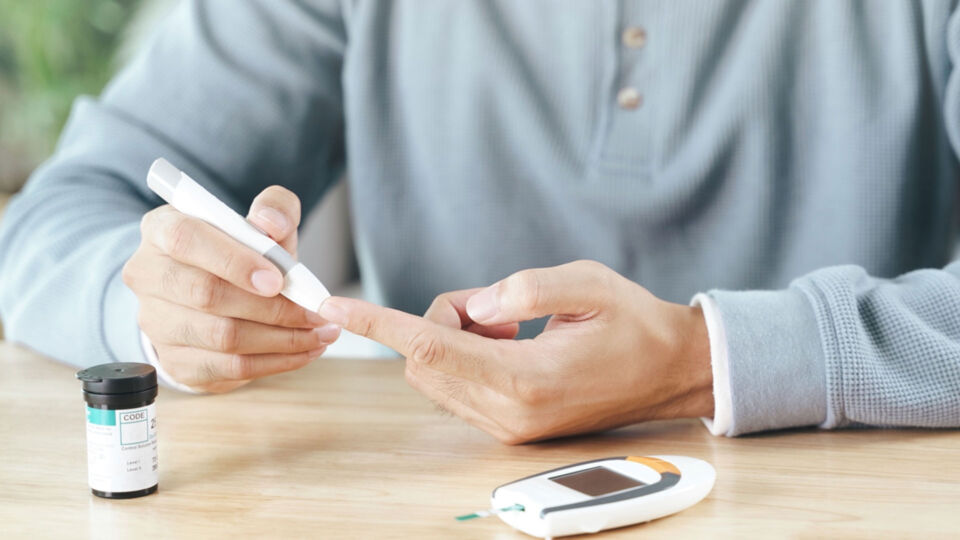The healthcare gamification market, valued at USD 10.29 billion in 2023, is experiencing rapid growth as it capitalizes on the power of technology to engage patients in meaningful ways. The integration of gamification, where game design elements such as point scoring, leaderboards, challenges, and rewards are used in non-game contexts, is enhancing the delivery of healthcare. This trend is particularly prominent as global health tech adopts AI, wearable devices, and mobile health platforms to deliver more personalized care.
By 2032, the market is expected to grow at a CAGR of 13.1%, reaching USD 31.25 billion. This growth is driven by the rising adoption of digital health tools, increasing health awareness among consumers, and the need for improved chronic disease management solutions.
Market Dynamics: What is Driving Healthcare Gamification?
Key Drivers of Market Growth
- Increasing Integration of Artificial Intelligence (AI):
- AI has revolutionized how healthcare gamification platforms interact with users. With AI-powered algorithms, personalized health journeys are designed for individuals based on their unique medical history, preferences, and goals. This creates a tailored experience that is more engaging and effective.
- AI is also improving real-time health monitoring and predictive analytics, which gamified apps use to suggest goals, rewards, or tips to keep users motivated.
- Boom in Wearable Health Devices:
- Companies like Fitbit, Garmin, and Apple are at the forefront of this trend, offering wearable devices that monitor vital signs such as heart rate, steps, sleep patterns, and calories burned. These devices have added layers of gamification by rewarding users for meeting activity targets, fostering a sense of accomplishment and encouraging continued engagement.
- The wearable health device market itself is growing significantly, contributing to the growth of healthcare gamification as users increasingly rely on such devices to track and improve their health.
- Rise of Digital and Remote Healthcare:
- The COVID-19 pandemic dramatically increased the use of telehealth services, and gamification has been integrated into remote patient monitoring systems to improve patient adherence and engagement. Gamified healthcare platforms offer users rewards for participating in health surveys, following prescribed exercises, or regularly logging their symptoms, making healthcare more interactive.
- Increased Focus on Preventive Healthcare:
- Preventive healthcare is becoming a global priority as governments and health organizations aim to reduce the burden of chronic diseases. Gamification offers an innovative approach by engaging individuals in their own health management, encouraging healthier lifestyle choices, and improving adherence to treatment regimens.
- Apps designed to reduce smoking, improve diet, or increase physical activity rely on gamification to motivate users through challenges, leaderboards, and social sharing features.
Technological Advancements Pushing the Market Forward
- Artificial Intelligence and Machine Learning:
- AI not only customizes healthcare experiences but also improves the accuracy of health data interpretation. For example, machine learning algorithms can detect patterns in data collected from wearables and suggest personalized challenges or improvements.
- AI also allows real-time feedback, meaning users can adjust their behavior almost instantly to meet health goals, further boosting engagement.
- Augmented Reality (AR) and Virtual Reality (VR):
- AR/VR technologies are adding immersive experiences to healthcare gamification. These technologies are used for rehabilitation and mental health therapies, enabling patients to participate in virtual exercises or games that improve mobility, reduce pain, or enhance cognitive function.
- For instance, VR can be used to engage patients in exercises that simulate real-life situations, helping them recover from injuries or manage conditions like Parkinson’s disease in a fun and interactive way.
- Blockchain in Gamification:
- As more patient data is generated and stored in gamified platforms, blockchain technology is being explored to ensure the privacy and security of this data. Blockchain can offer secure, decentralized ways of storing personal health information, giving users confidence in the privacy of their health data.
- It also facilitates transparent reward systems in gamification platforms, ensuring users can track and trust the points and incentives they earn.
Competitive Landscape: Key Players in the Healthcare Gamification Market
Patent and Grants Analysis
- Several companies are focusing on the patent landscape, filing intellectual property related to game mechanics in healthcare platforms. These patents cover everything from the algorithms used to personalize healthcare experiences to new ways of integrating wearable technology into health monitoring systems.
- Government grants are also helping push the boundaries of what is possible in healthcare gamification. Many startups receive funding to create platforms that combine behavioral psychology with gamification to improve health outcomes for specific populations.
Major Competitors and Their Strategies
- Fitbit Inc.:
- Leading the charge with its line of fitness trackers and smartwatches, Fitbit has successfully integrated gamification into its products. It encourages users to achieve daily step goals, compete in challenges with friends, and earn badges.
- Fitbit has expanded its presence in the healthcare market by partnering with insurance companies and corporate wellness programs.
- Akili Interactive Labs:
- A pioneer in cognitive health gamification, Akili’s FDA-approved video game, EndeavorRx, is designed to treat ADHD in children. This marks a major step forward in prescription digital therapeutics using gamification.
- Akili focuses on turning treatment into engaging experiences by blending clinical efficacy with game mechanics.
- Microsoft:
- Microsoft is integrating AI and machine learning in healthcare gamification to provide personalized health recommendations and foster engagement. It has developed platforms that offer challenges, leaderboards, and virtual health coaches to help users manage chronic conditions.
- The company is also focusing on integrating healthcare gamification into workplace wellness programs.
- Ayogo Health Inc.:
- Known for its patient engagement platforms, Ayogo applies gamification to chronic disease management. By creating personalized health experiences, Ayogo encourages patients to take control of their health, resulting in better health outcomes and adherence to medical plans.
Challenges Facing the Healthcare Gamification Market
- Data Privacy and Security Concerns:
- As healthcare systems become more digitized, ensuring the security of sensitive patient data is a growing challenge. The integration of gamification adds a layer of complexity, as platforms must comply with strict health data regulations like HIPAA (in the U.S.) and GDPR (in Europe).
- Companies must invest in cybersecurity measures to ensure patient data is protected from breaches and misuse.
- High Costs of Implementation:
- Developing and integrating gamified healthcare solutions can be costly for hospitals and healthcare providers, particularly smaller organizations. Advanced technologies such as AI, VR, and wearable devices require significant upfront investment.
- To address this, many healthcare organizations are partnering with technology companies to share costs and resources.
Future Outlook: What’s Next for Healthcare Gamification?
- Personalized Healthcare Will Become the Norm: As AI and big data analytics become more advanced, gamification in healthcare will shift from generic platforms to highly personalized experiences. Patients will be engaged based on their unique health profiles, ensuring that challenges, rewards, and recommendations are tailored to their specific needs.
- Expansion into Mental Health and Cognitive Wellness: The healthcare industry is increasingly focusing on mental health, and gamification will play a key role in this area. Gamified apps are already being used to treat anxiety, depression, and cognitive disorders, and this trend is expected to grow as companies like CogniFit and Akili Interactive Labs continue to innovate.
- Collaborations Between Healthcare and Technology Giants: Major tech companies like Microsoft, Apple, and Google are expected to continue partnering with healthcare providers to enhance gamification solutions. These collaborations will further integrate wearable devices, AI, and telehealth platforms, making healthcare more accessible, engaging, and effective.









